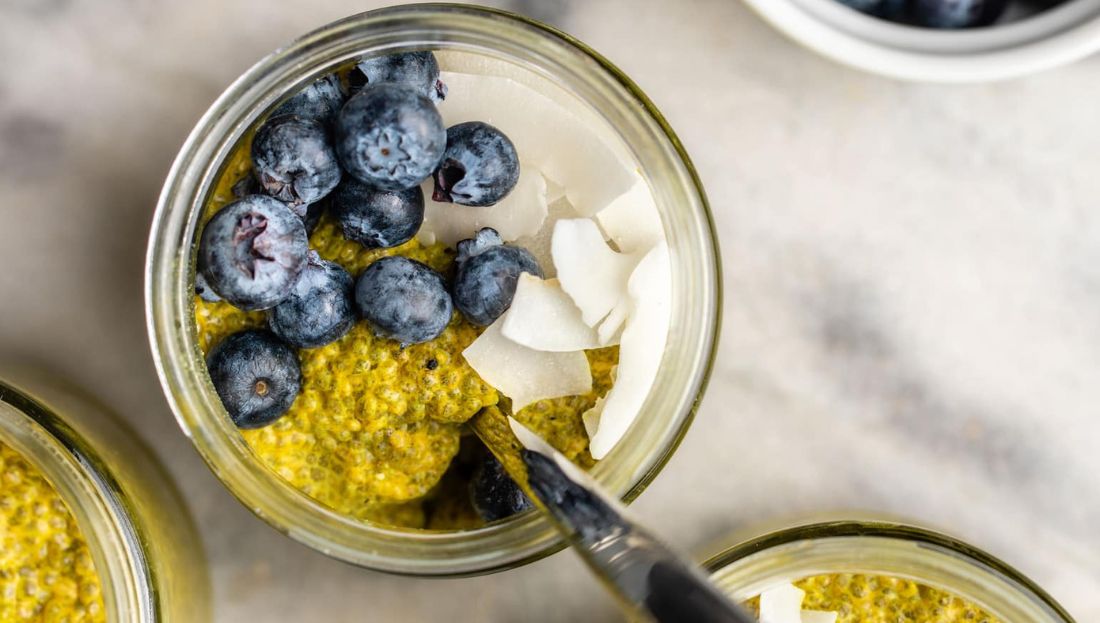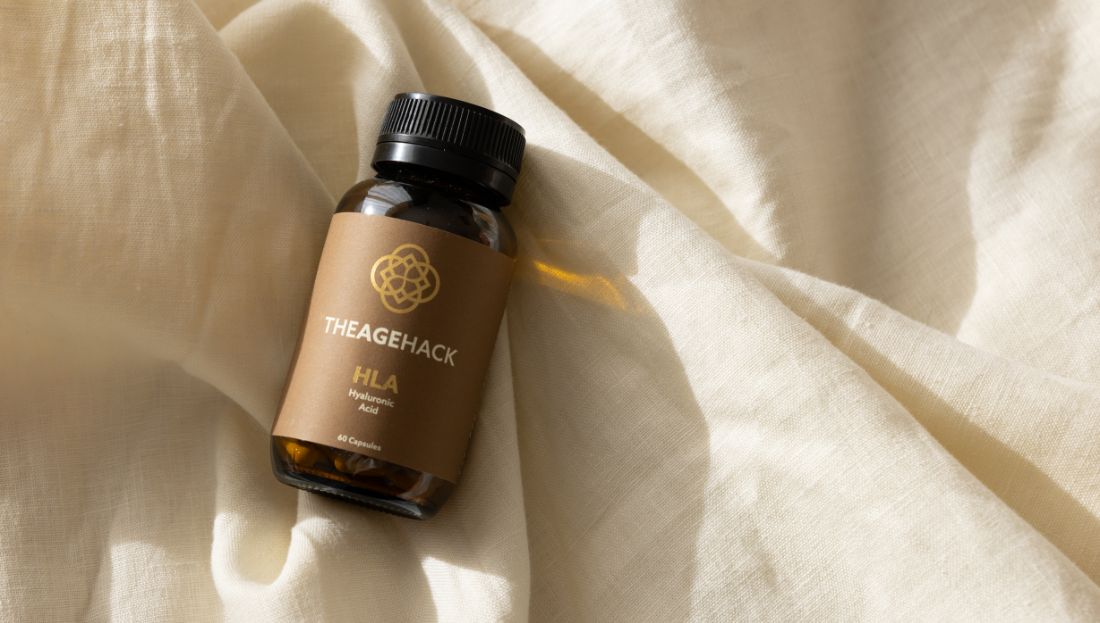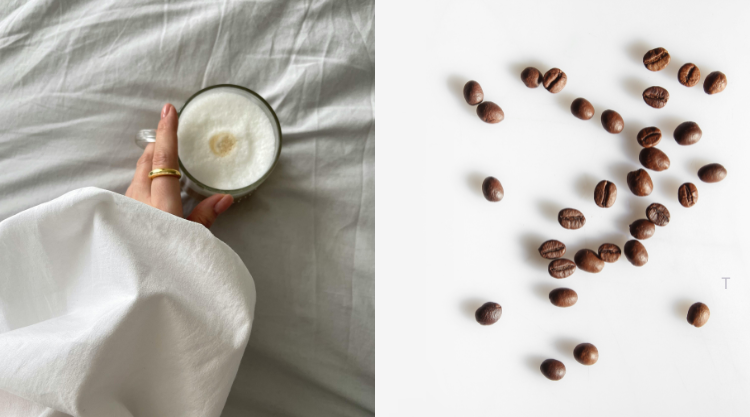
Although no one knows what fate has in store for us, we all wish we could live a little longer, right?
If you’re a part of the health and wellness community, you may have already heard of the “Blue Zones.” These are five regions of the world in which people tend to live the longest and are the healthiest.
So, what’s the secret? Well, apparently the average person’s lifespan is heavily influenced by genetics and environment, but your lifestyle counts for a lot.
In fact, there are 9 lifestyle tips associated with the Blue Zones that will boost your health and wellness in the short term and ultimately increase your longevity — and we’re going to share them all.
What Are Blue Zones?
First things first, let’s talk about where the Blue Zones came from.
Dan Buettner is the National Geographic Fellow and New York Times bestselling author who discovered five hotspots around the world where people have low rates of chronic disease and live longer than anywhere else. He then started to refer to them as Blue Zones.
These areas are:
- Okinawa, Japan
- Sardinia, Italy
- Nicoya, Costa Rica
- Ikaria, Greece
- Loma Linda, California
What constitutes a Blue Zone? Simply put, the residents all share nine specific lifestyle habits, which Dan and his team call the “Power 9.”
The Power 9 Lifestyle Tips
The people of the Blue Zones aren’t doing anything super special to live longer (and better). After researching what they all had in common, Dan and his team concluded that it was a balance of good health habits and social engagement. Let’s investigate further.
1. Know Your Why
You have to know why you want to wake up in the morning to live a long and happy life, supposedly. This sense of purpose is called “ikigai” in Okinawa or “plan de vida” in Nicoya, and can be worth up to seven years of extra life expectancy.
2. Eat According to the 80% Rule
Okinawans generally eat fewer calories and stop eating when they feel 80% full. This is known as the “hara hachi bu” mantra, which is over 2,500 years old. Essentially, they believe the 20% gap can be the difference between losing or gaining weight.
3. Opt for a Plant-Based Diet
Those who live in Blue Zones primarily eat a 95% plant-based diet and only include meat around five times per month. Their diets are rich in vegetables, legumes (such as beans, lentils and peas), whole grains (like rice, oatmeal and popcorn) and nuts.
4. Drink Alcohol in Moderation
People in the Blue Zones (except Adventists) tend to drink alcohol regularly. However, the trick is to not overdo it.
Stick to 1-2 glasses per day of wine either with friends and/or over dinner. Red wine, in particular, has been shown to have health benefits due to its high content of antioxidants.
5. Build Exercise in Your Daily Life
Exercise goes hand-in-hand with diet when it comes to tackling ageing. People in Blue Zones move naturally in their environments without having to consciously think about exercise. For instance, they grow gardens, farm, walk, cook and do other daily chores.
(Say goodbye to the gym!)
6. Reduce Stress
Stress leads to chronic inflammation, which is associated with several age-related diseases. Follow in the footsteps of people in Blue Zones and devise a daily routine designed to eliminate stress.
Okinawans apparently take some time to remember their ancestors, Ikarians have a nap, Sardinians do happy hour and Adventists pray, but it’s whatever works for you.
7. Prioritise Your Loved Ones
Blue Zone residents typically put family first, keeping ageing relatives nearby or in the same home. They commit to a life partner (adding up to three years of life expectancy) and care for their children attentively so that they repay the same love and kindness later down the line.
8. Belong to a Community
Blue Zones tend to be religious communities. Having a sense of community and belonging can add between 4 and 14 years of life expectancy due to social support and reduced rates of depression.
9. Find Your People
Okinawans create “moais,” which are groups of five friends that commit to each other for life.
You become like the people you spend time with. For example, if your friends are obese, you have a greater risk of being obese. Therefore, it’s important to create a healthy social network for increased longevity.
Key Takeaways From the Blue Zones
Adapting your lifestyle according to the Power 9, derived from people with long-life in the Blue Zones, isn’t just about instilling a singular habit. Instead, you need to commit to all 9 if you truly want to live a longer, happier, healthier life.





